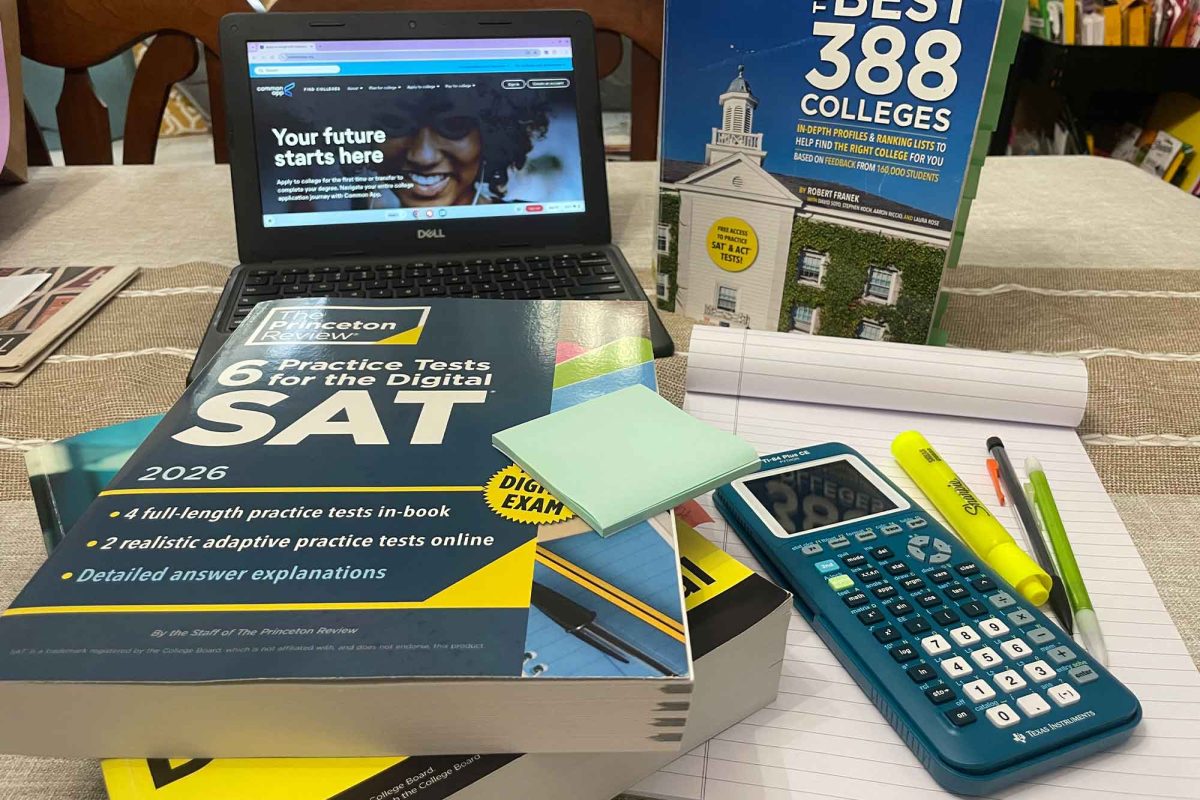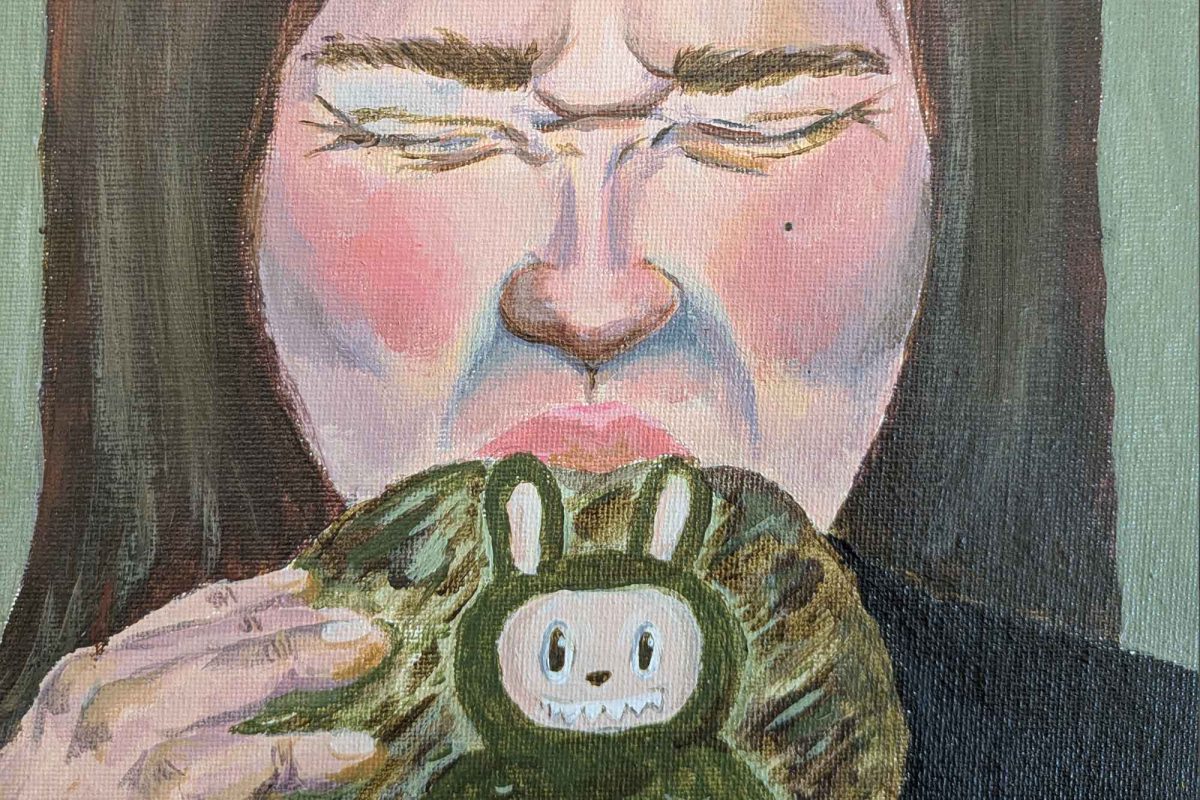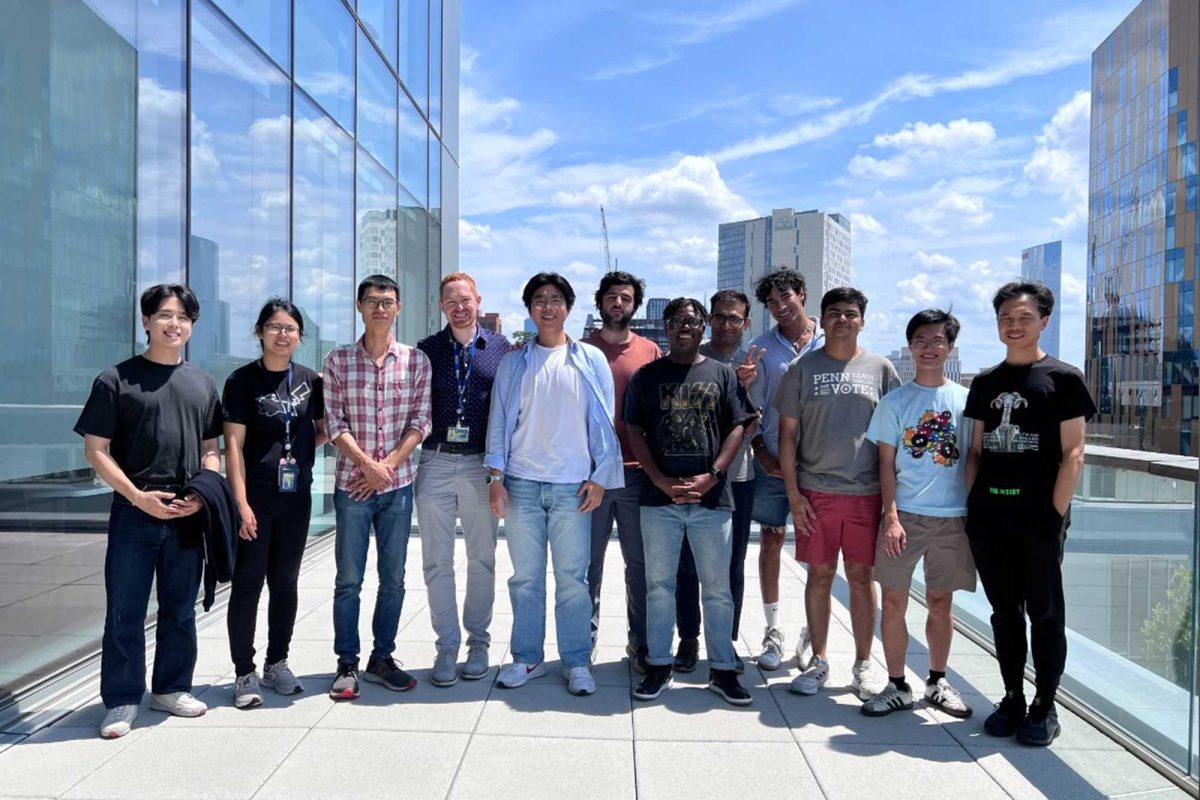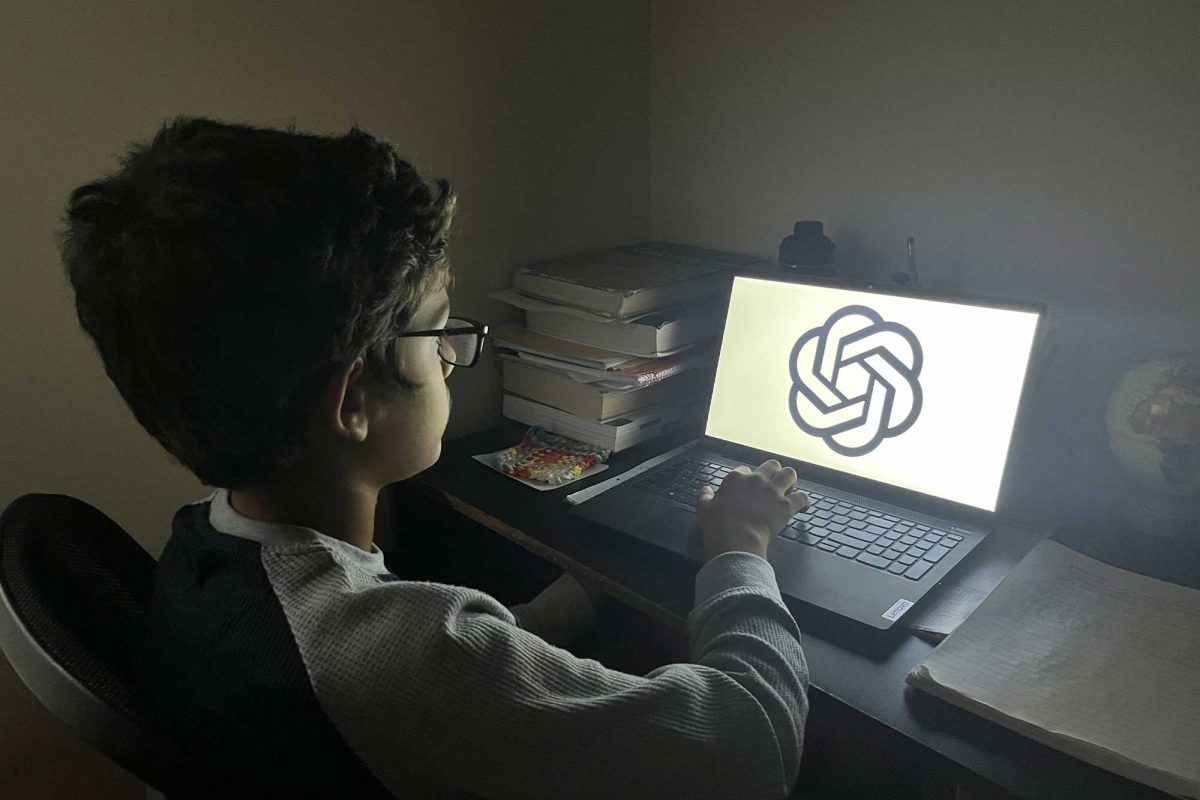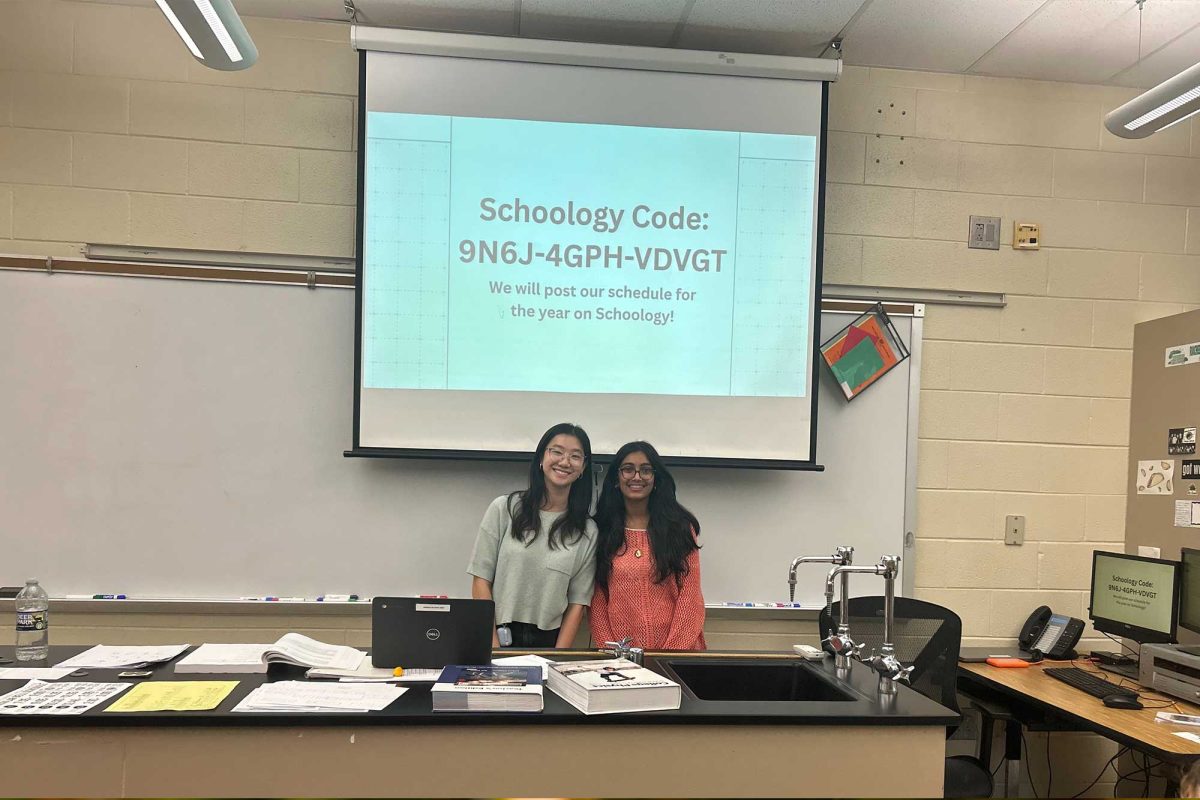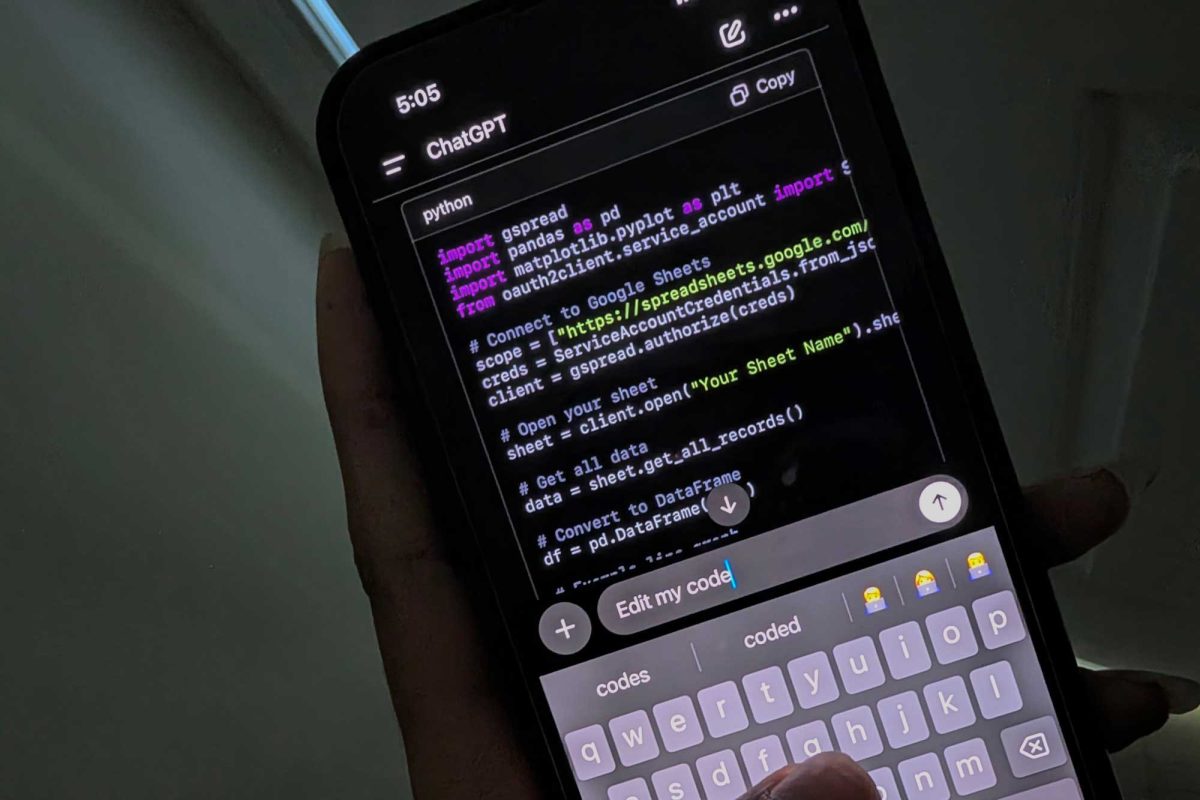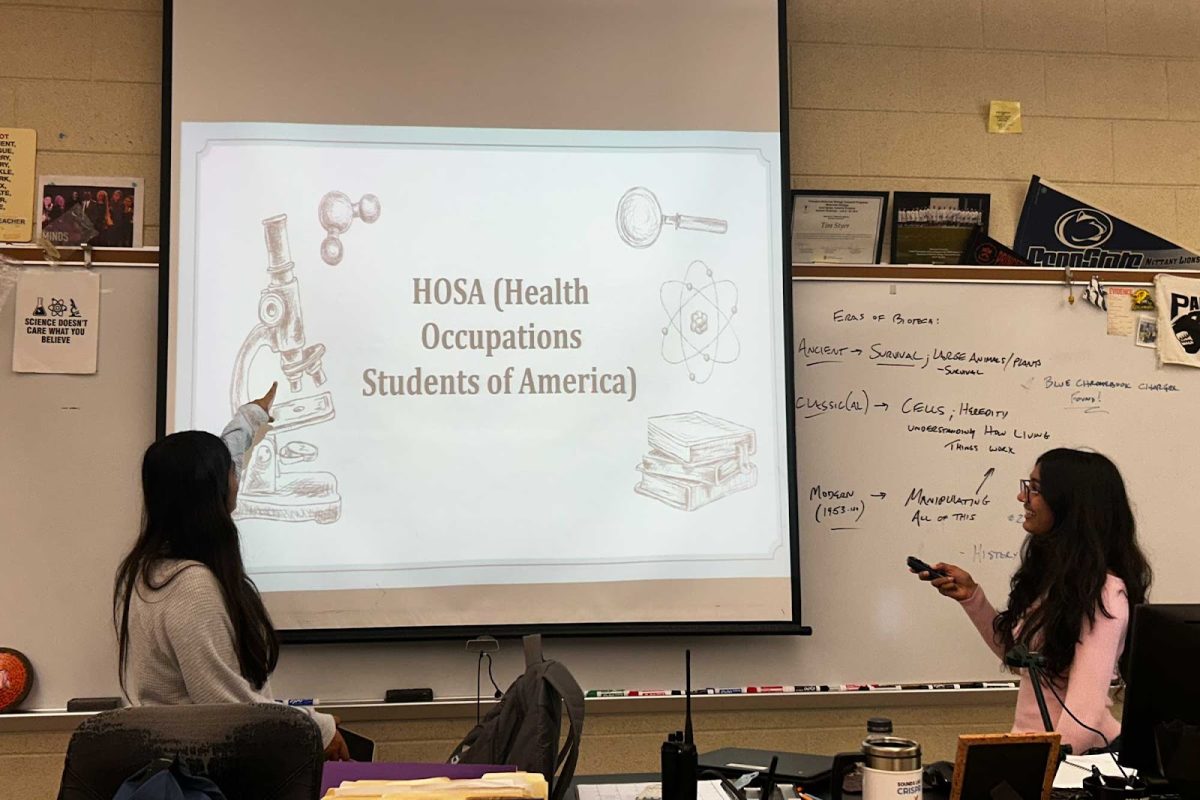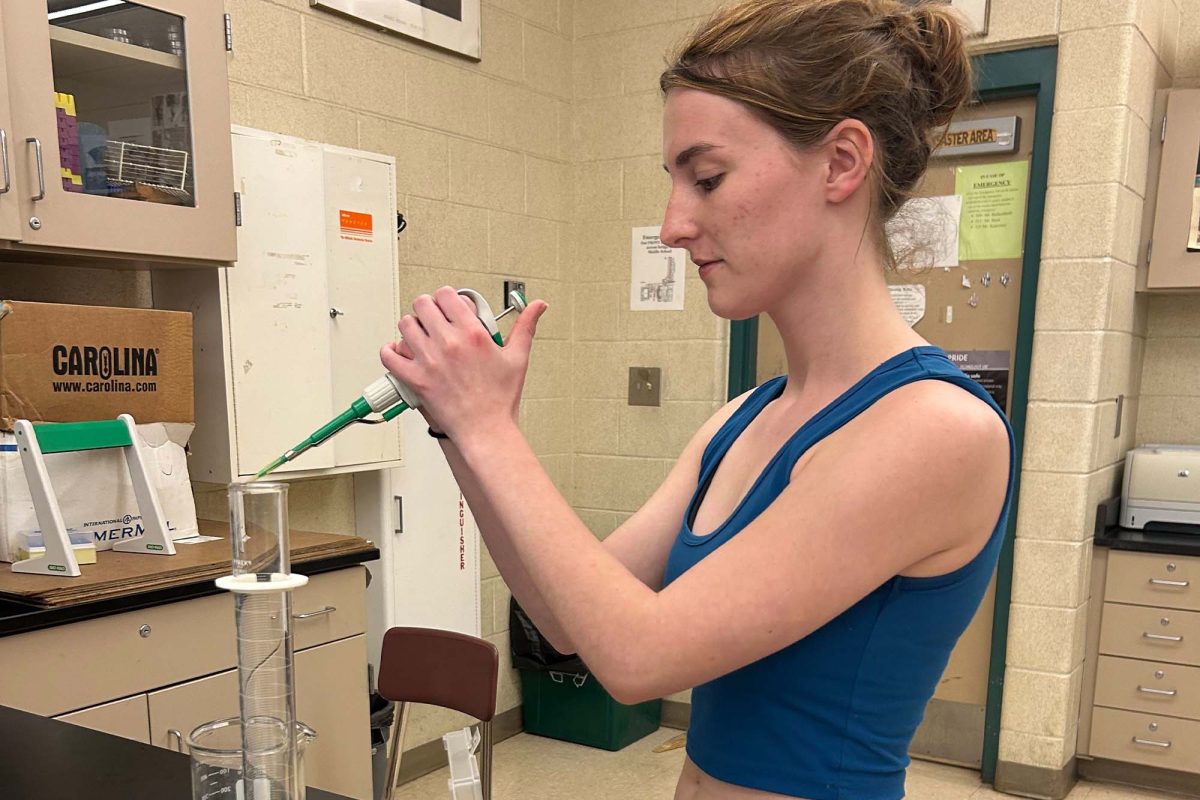Recently, government-funded programs, grants, research, and other initiatives thought to be involved in or supporting “diversity, equity, and inclusion” (DEI) ideals and language have been brought down or purged. This is due to executive order Executive Order 14151: “Ending Radical And Wasteful Government DEI Programs And Preferencing,” signed by President Trump on January 20.
The order details a need to cut down on grants and sources labeled as “discriminatory” and “illegal.” Some of these resources include government websites that are commonly used by students for academic research projects.
One instance where students would use these government sources is the modern hero project, implemented in 9th-grade English classes, where students travel to the library for research and citation lessons with librarian Mrs. Beth Cohen. Students are guided to pick an influential figure to research and create a presentation on.
“If they had picked Jackie Robinson and saved a bunch of websites in November, those websites might not have been available in January when we got to the note-taking part,” Cohen said. “As a librarian, I’m very concerned about the fact that the government is just making arbitrary decisions about what is and isn’t available to the public for viewing.”
AP Research students could also be affected by these website issues and newfound gray areas when citing sources. For some, it is as much an ethical problem as an academic one.
“I think it’s going to have a really big impact on the future of research,” senior Zoe Likely said. “With a lot of research-based things you’re going to do in school, you’re looking at what you can find, and then you’re making your own opinion about it. If what you’re finding is biased because of these terms that they don’t want you to see are being removed, you’re immediately losing credibility in your paper because you don’t know the full story.”
In addition to the various changes to government websites, the Trump administration has produced various executive orders to cut back National Institutes of Health (NIH) funding, a division of the Department of Health and Human Services, and the largest public funding source for worldwide biomedical research. According to the National Library of Medicine, Trump’s budget plan shrinks the NIH’s funding by 18 percent. This leaves many researchers in disadvantage as they now must find alternative financial sources to continue their work.
Science classes also reference and apply constantly evolving research to their curriculum.
“We’re accessing the primary sources for what’s happening currently, my class is all about the cutting edge,” science teacher Mr. Timothy Styer said. “That’s just what we do in class, what is happening out there in the real world. For example, what is happening so quickly with cancer research.”
According to Nature, a scientific journal reports that since April 7, under Trump the NIH has cut 770 active research grants. 28.7 percent had to do with HIV/AIDS research, 24.3 percent was transgender health related, and 17.1 percent was Covid-19 projects. Millions of dollars in vaccine hesitancy grants were slashed, projects that aim to build immunization.
“I think that this will strangulate us. This is going to take us backwards in time— not just individual little things here and there, the entire scientific cutting edge is being throttled,” Styer said.
As the worldwide scientific community changes rapidly, and fear blossoms, STEM-inclined students feel the blow to their future career plans.
“As someone going into a scientific field, it’s really discouraging to see the grants being taken away,” senior biotechnology student Riley Smith said. “I don’t know if I want to go into a STEM career anymore. I don’t know if there’s job security in that.”
As Haven students approach college, it’s relevant to think about how funding cuts may also limit opportunities to pursue research projects or graduate programs in science fields. Doctoral students are first on the chopping block as Trump limits financial support towards their various programs.
“There’s a lot you hear now about students who got accepted to scientific grad programs for the fall, and the grant money ended, so they’ve gotten letters that said, ‘Sorry, we can’t accept you into our grad program because the research study you were going to do has been defunded,’” Cohen said.
Scientists, researchers, and innovators everywhere share their grief about the Trump administration’s pullback on biomedical advancement. As a poster in Styer’s room suggests, “Science doesn’t care what you believe.” However, politics have been taking an increasingly active role in the academic liberties of scientists and students recently.
While some government website information has been restored, and some state judges have attempted to block NIH funding cuts, there has been a significant change to the scientific community.
“It’s a shame because we’re trying to educate these kids to go out and do things. We tell you to change the world,” Styer said.





